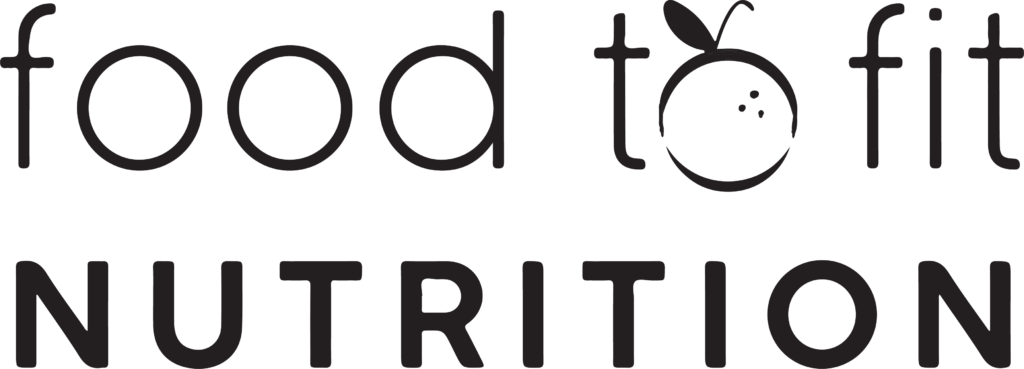
4 Foods for Better Sleep
Written by Brooke Bulloch, RD & CEO.
According to the Public Health Agency of Canada, about 1 in 4 adults aren’t getting enough sleep. This can relate to poor bedtime routines, difficulties getting to sleep, interrupted sleep, shift work, anxiety, and conditions like sleep apnea.
As a dietitian, I see how important proper sleep is for my client’s well-being. I also recognize that nutrition may play a small role when it comes to some of the aforementioned reasons for poor sleep quality. However, I am super fascinated by the emerging evidence demonstrating a link between improved sleep outcomes and foods containing tryptophan, melatonin, and phytonutrients.
Here are 4 Foods That Help Improve Sleep:
1) Fatty fish such as sardines, trout, and salmon. Low levels of DHA (key nutrient found in fish) are linked to lower levels of melatonin. Correcting DHA levels through fish consumption or omega 3 supplementation has shown to improve length and quality of sleep. How much should you consume? Aim for ~ 5oz fatty fish weekly, or take a daily supplement with ~500mg of DHA.
2) Cherries. Much of the research connects the high melatonin concentrations in cherries with their effect on reducing inflammatory markers. Because patients with sleep disorders tend to demonstrate high levels of oxidative stress, the antioxidant properties of cherries may help promote sleep by minimizing oxidative damage. Secondly, consumption of melatonin in tart or sweet cherries may improve sleep duration and quality. How much to consume? Drink 30ml of concentrated tart cherry juice, twice daily, or consume ~25 dark cherries (fresh or frozen) per day.
3) Kiwi fruit. A four-week trial of adults with sleep problems, showed that two kiwifruit everyday before bedtime significantly increased sleep duration and sleep efficiency. The benefits of kiwi fruit have been attributed to its high concentration of serotonin, which may promote sleep. Kiwi are also a good source of folate, where folate deficiency has been linked to insomnia. How much to consume? Try eating 2 kiwi fruit every day, 1 hour before bed.
4) Carbohydrate foods, particularly those containing fibre. Acute tryptophan depletion affects the synthesis of serotonin and can reduce Rapid Eye Movement (REM) sleep onset – a higher quality stage of sleep. The ingestion of carbohydrates increases availability of tryptophan which converts to serotonin, promoting sleep. It may be worth adding in a high fibre, carbohydrate snack before bed. For example:
- Whole grain toast with peanut butter;
- Small bowl of cereal with at least 4g fibre.
- Fruit, yogurt, and granola.
Which one do you think you’ll try first? If you’re looking for a dietitian/nutritionist, check out our online booking and profiles here.
References
https://www.mdpi.com/2072-6643/10/3/368/htm
LET'S STAY IN TOUCH
Join our mailing list
Join our newsletter for more non-diet content including practical nourishment, recipes, nutrition myth-busting, and weight inclusive well-being.

Curiosity, self-compassion, food peace. Nutrition assessment, planning, and monitoring + food relationship counseling.
Food to Fit Locations:
#203, 2445 Broad Street
Regina, Saskatchewan
1124 8th Street East
Saskatoon, Saskatchewan





